Outdoor Education
Semester Highlights
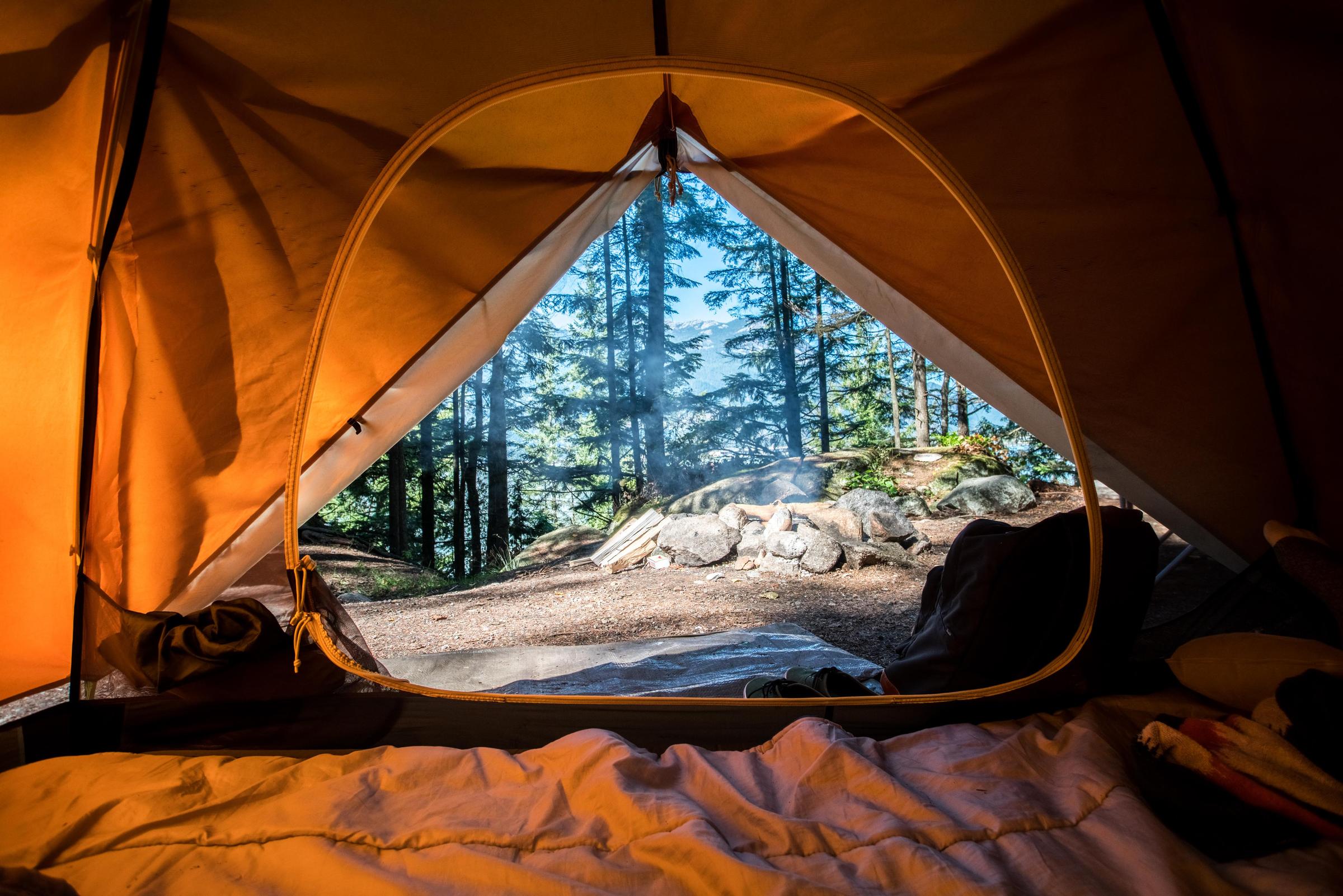
Outdoor Education
Semester Highlights
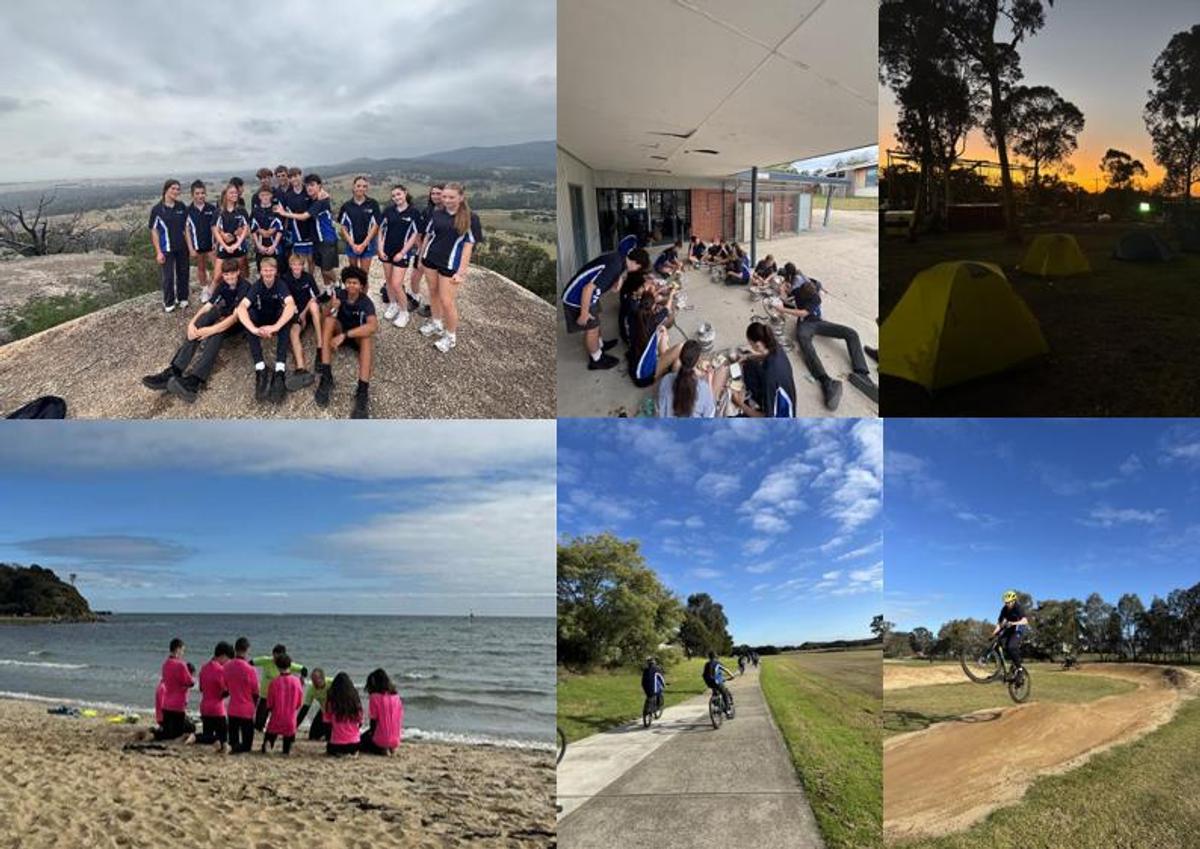

This semester, our year 9 elective students embraced a range of exciting outdoor experiences, including the Phillip Island Overnight Surfing Camp, Hallam Valley Trail Cycle, Mt Cannibal Hike and Mills Beach Snorkelling excursion. Through these adventures, students developed essential skills in surfing, snorkelling, cycling, and navigation, while also learning the basics of camping such as pitching tents, using Trangia’s, and outdoor safety.
Alongside these activities, students explored the importance of caring for Country by learning about the traditional custodians of the land, the Bunurong people, and gained an appreciation for Indigenous perspectives on land, water and sustainable practices.
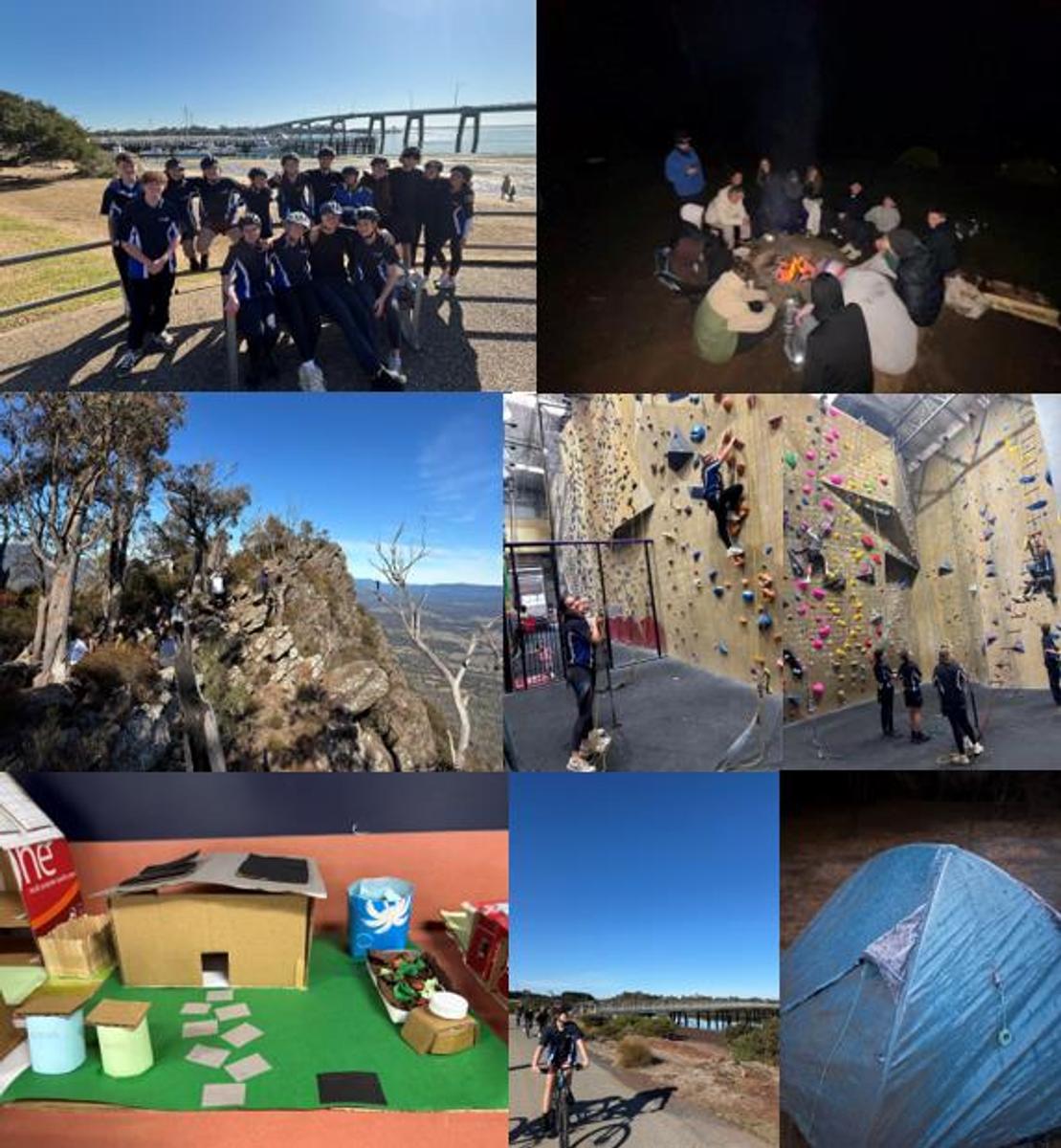

Year 10 students took on new challenges with excursions such as Lysterfield kayaking, Phillip Island Churchill Island cycling, Bayside Indoor Rock climbing and the Cathedral Ranges hiking camp.
These activities helped students further develop their kayaking, cycling, rock climbing, and navigation abilities, as well as understand the impact of technology on the outdoors, create sustainable housing, and develop environmental citizenship through action.
Students also investigated Aboriginal ways of conserving and caring for nature, learning about the cultural significance of the landscapes they visited and reflecting on how Indigenous knowledge guides responsible outdoor practices.
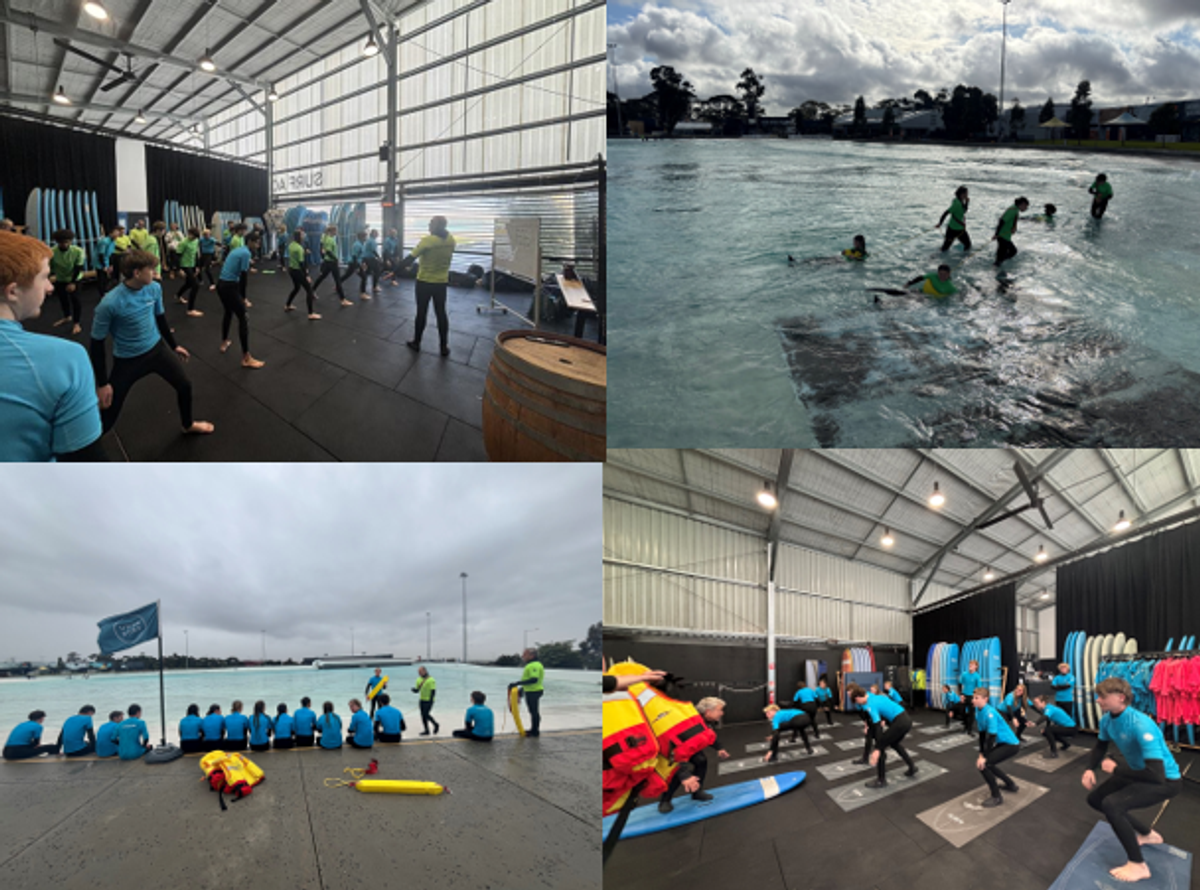

Due to the support of Department of Education funding and with special thanks to URBNSURF, our year 9 and 10 students participated in the URBNSURF Water Safety & Surfing Experience, a unique program designed to build water confidence and essential surf skills. This expert-led, two-part program delivered over approximately two hours as part of a half-day experience, allowed students to first engage in water safety theory and practice, learning about rips, tides, rescue techniques and survival skills. In the second module, students took their learning into the lagoon, where private instructors guided them through surf technique, board control and safe wave riding. This experience not only enhanced students’ practical understanding about beaches and DRSABCD but also reinforced the importance of water safety in outdoor environments.
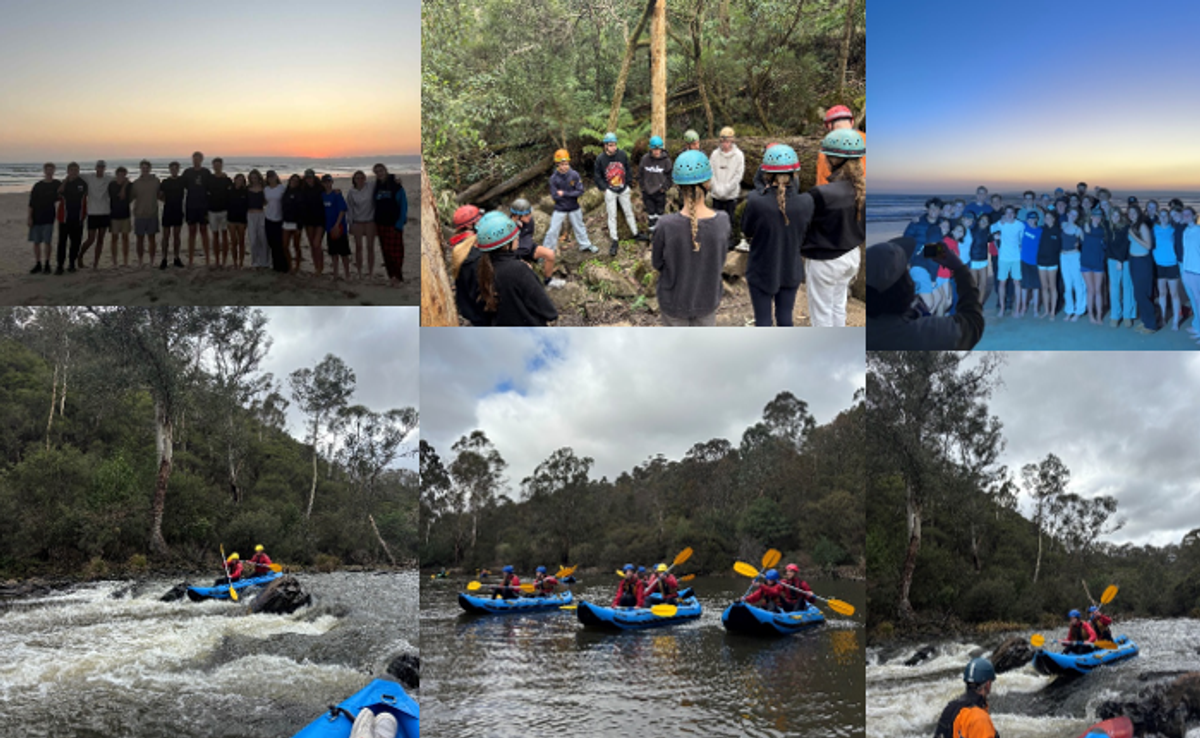

This semester, year 11 students explored Unit 1 and 2 of the Outdoor and Environmental Studies curriculum, deepening their understanding of how humans interact with, and are influenced by, outdoor environments. This learning was enriched through their three-day Sandy Point surfing camp and their white-water kayaking and caving day excursion. Students also examined these environments through both scientific and Indigenous perspectives, learning about the cultural heritage and land management practices of the Wurundjeri and Bunurong peoples, and how traditional ecological knowledge shapes sustainable use of the land.
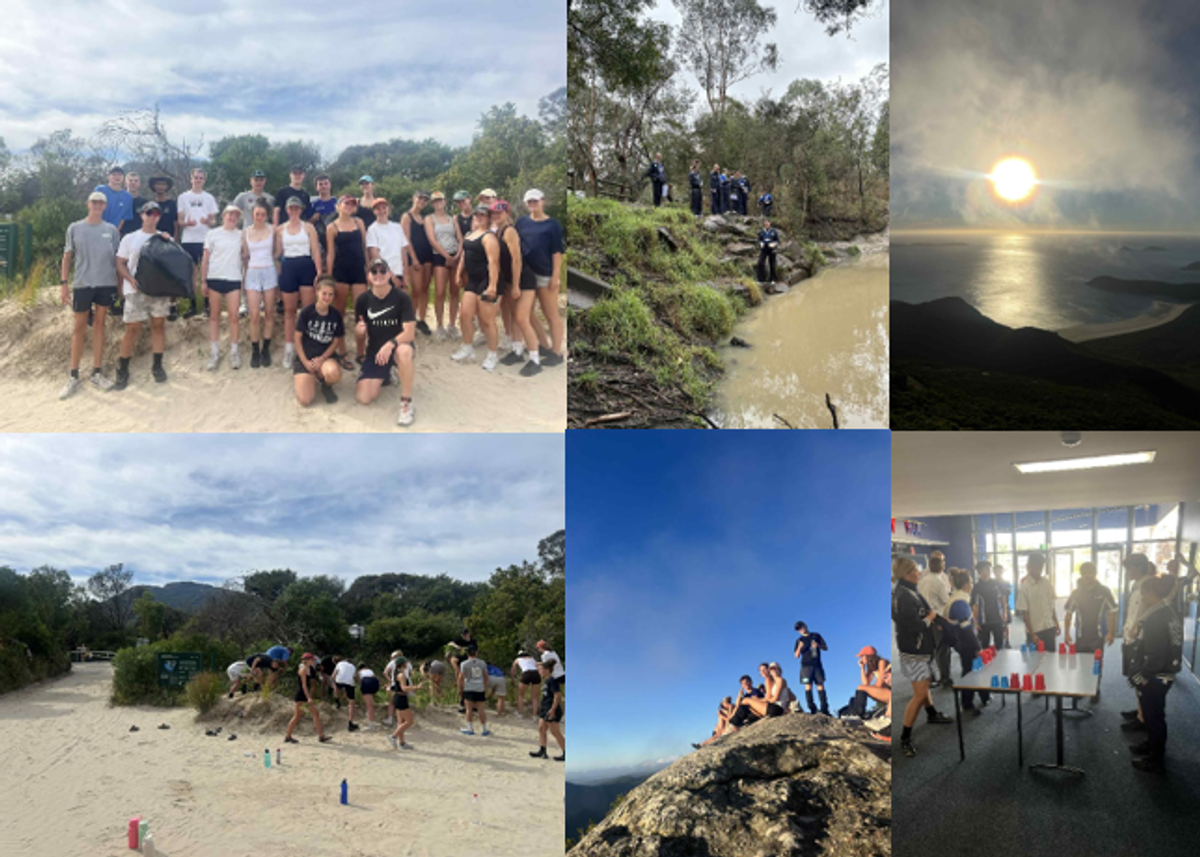

Year 12 students engaged with Unit 3 and 4 of the Outdoor and Environmental Studies curriculum, examining the relationships between humans and outdoor environments, environmental sustainability, and contemporary environmental issues. Their learning was further enriched by a three-day Conservation Wilsons Promontory Camp, where they dedicated time to conservation by removing sea spurge from the beach landscape and participating in activities to grow their connection with the environment. Students also collected local soil and water samples from Akoonah Park to enrich their studies, while exploring Indigenous land management strategies and the spiritual and cultural connections to Country held by the Bunurong, Wurundjeri and GunaiKurnai peoples.
Congratulations to all students for their achievements and growth this semester. We look forward to more adventures and learning in the great outdoors!


Nick Buckland
Outdoor Education Coordinator